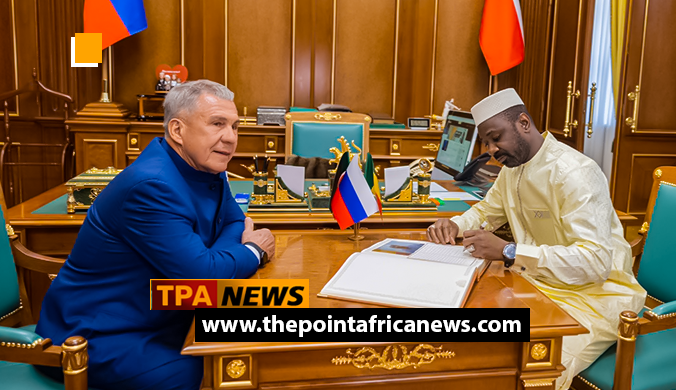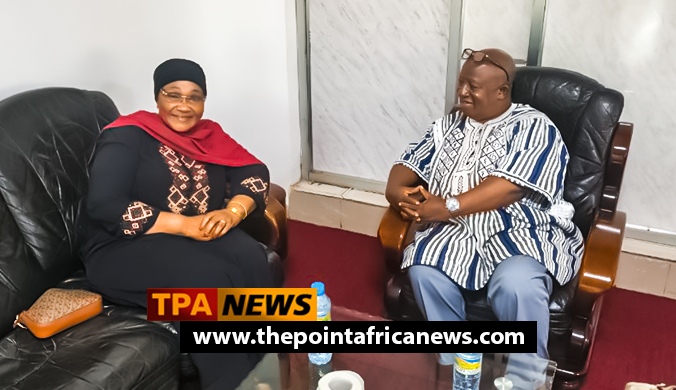
Mali’s military-appointed legislative body on Thursday approved a controversial bill that grants junta leader General Assimi Goita a renewable five-year term in office, effectively extending his rule without the need for an election. The decision paves the way for Goita to remain at the helm of the West African nation until at least 2030, a move that starkly contradicts the junta’s earlier promise to restore civilian rule by March 2024.
The bill, passed by the National Transitional Council (CNT) – the legislative body established by the military government – now awaits formal signing by General Goita himself. The measure had already been adopted by the Council of Ministers last month, signaling a concerted effort by the military regime to solidify its grip on power.
General Goita, who seized power in successive coups in 2020 and 2021, initially pledged a swift return to constitutional order and civilian governance. However, his administration reneged on its commitment to hold elections by the March 2024 deadline, citing various “technical reasons,” including the adoption of a new constitution and a review of electoral lists. No new date for presidential elections has been announced.
The decision by the 147-member CNT has drawn sharp criticism from opposition figures and international bodies concerned about democratic backsliding in the Sahel region. Critics argue that the move further entrenches military rule and stifles democratic processes. Malick Diaw, president of the National Transitional Council, however, presented the vote as “a major step forward in the rebuilding of Mali,” according to AFP.
This extension of power comes amidst a backdrop of intensified jihadist violence in Mali and the junta’s increasing consolidation of control, including the dissolution of all political parties in May 2025. The situation in Mali continues to be closely monitored by regional blocs like ECOWAS and international partners, many of whom had previously imposed sanctions in response to the coups and delays in the democratic transition roadmap.
By: TPA News Desk | editor@thepointafricanews.com







Leave a Reply